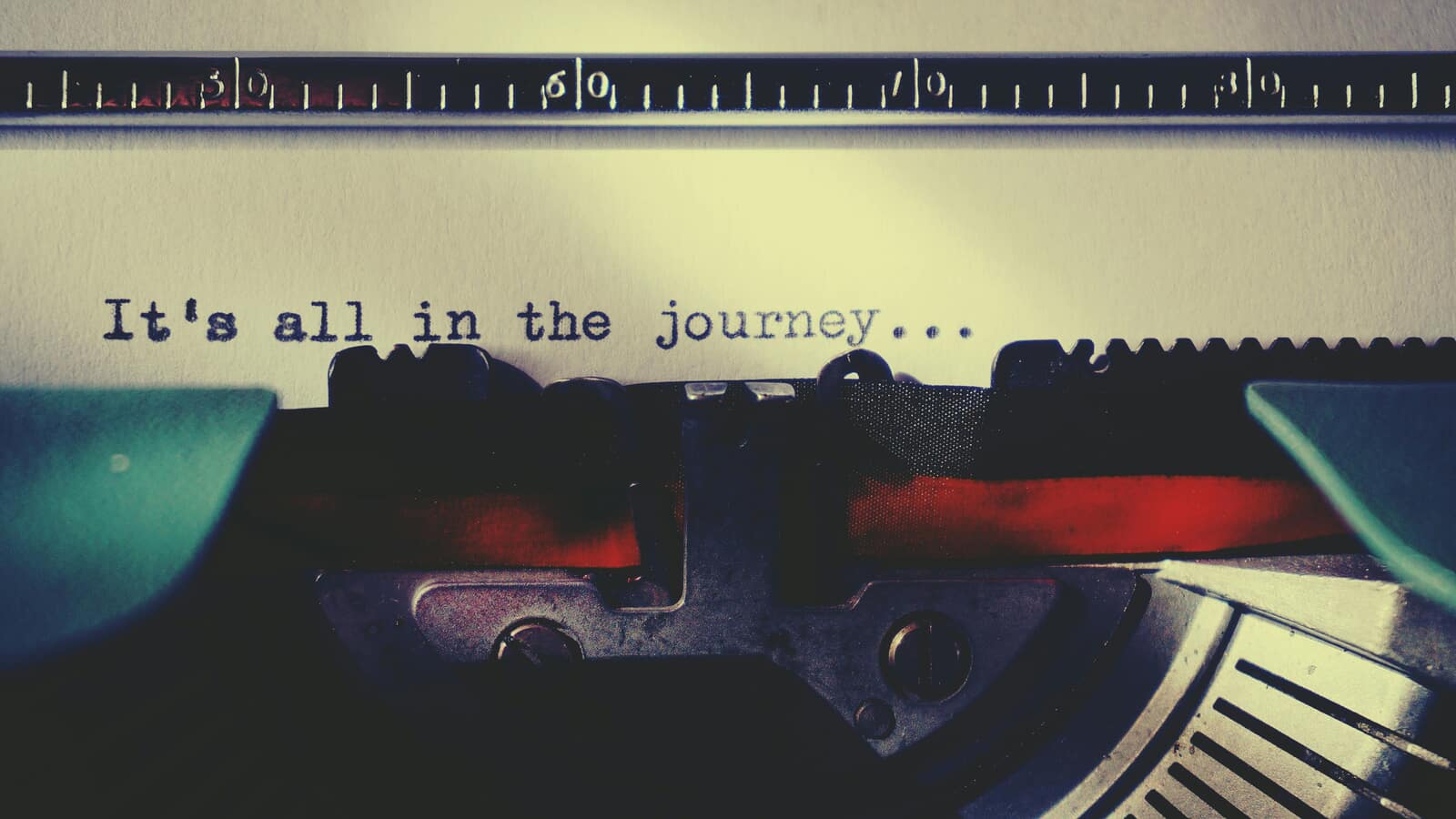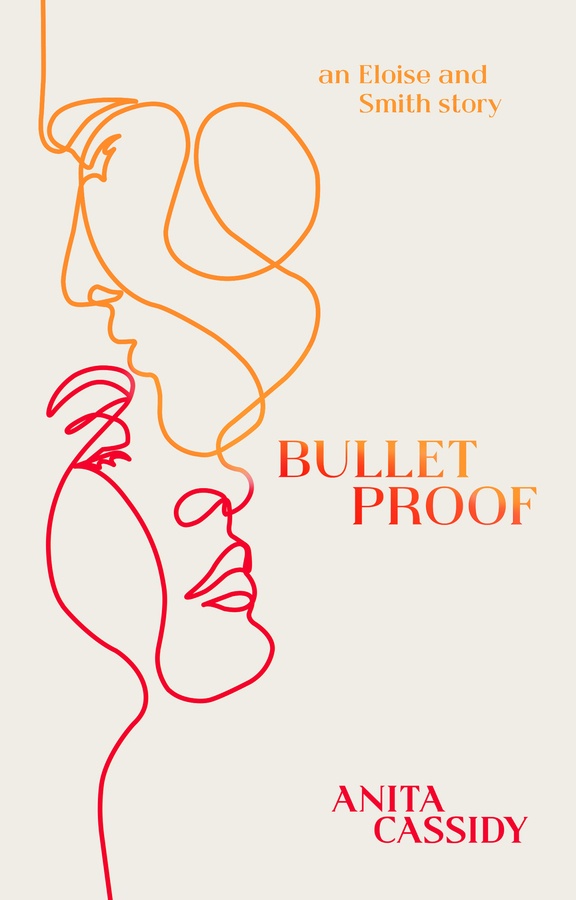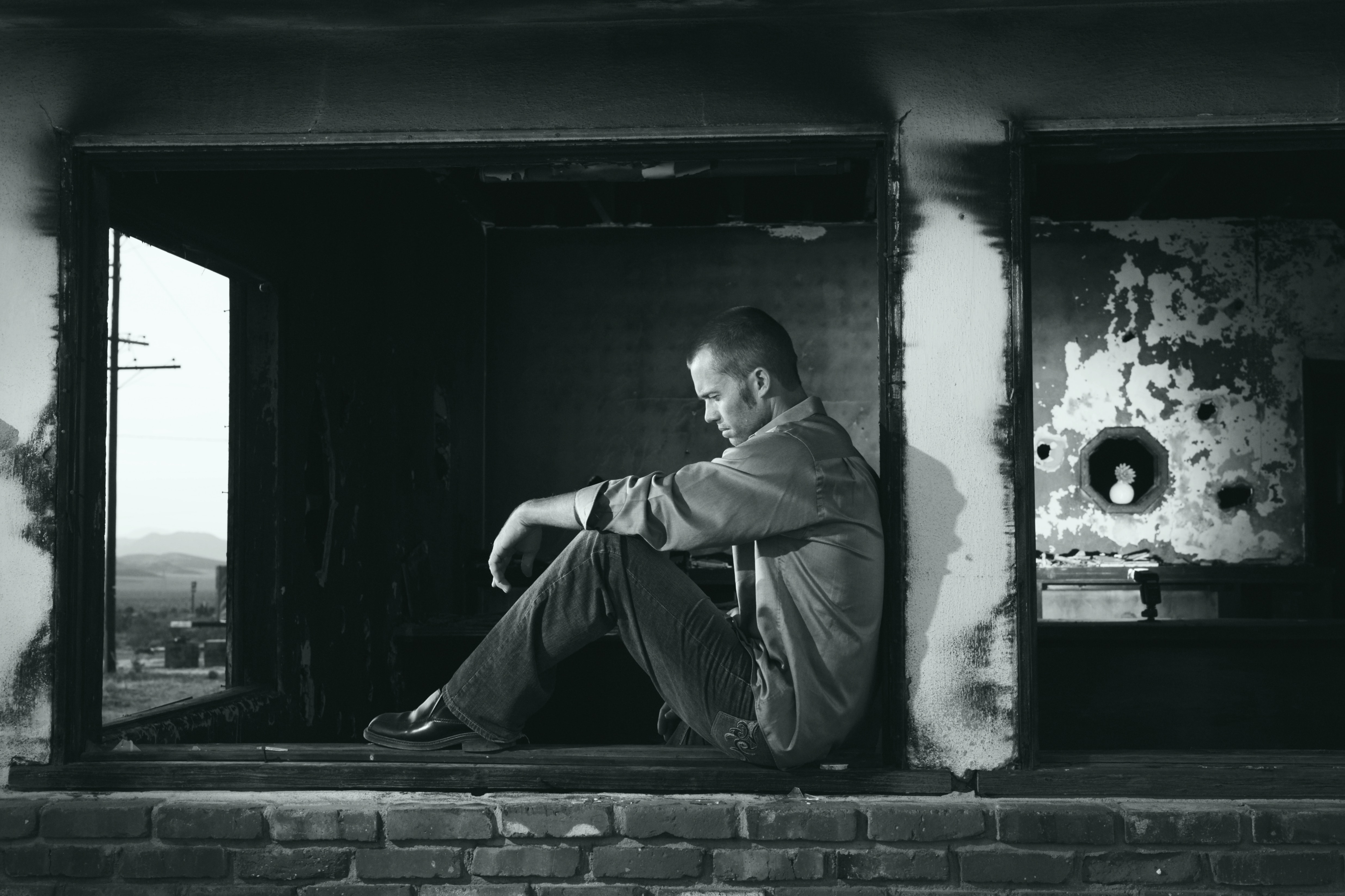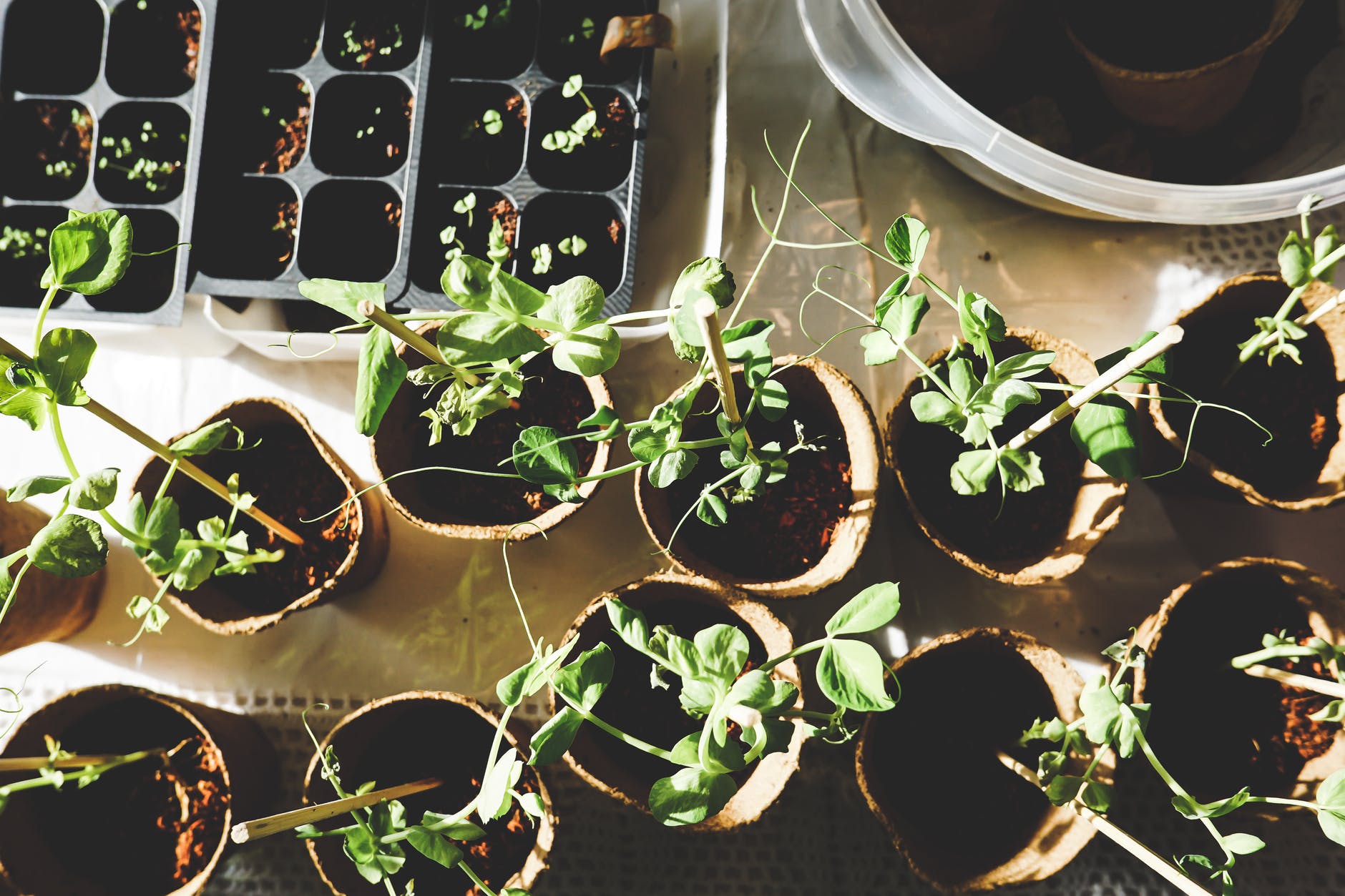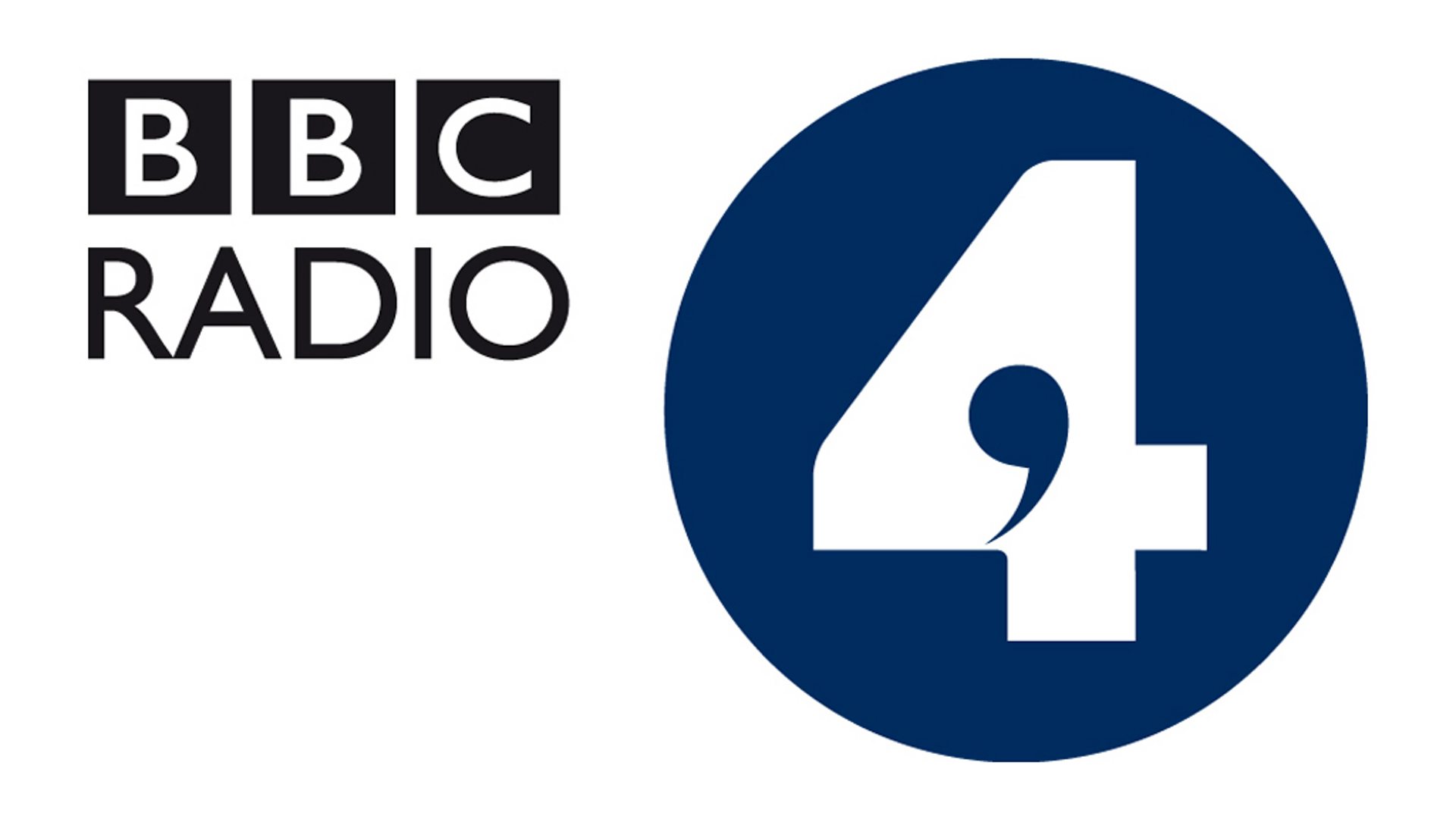‘Positive Thinking’
BBC Radio 4 and Anita Cassidy
I was delighted to be invited onto the BBC Radio 4 programme on Tuesday 12th April to talk about non-monogamy. I was joined by Dr. Pam Spurr and Andrew G Marshall.
We listened to an interview with Ana Kirova of Feeld and then discussed that as well as the common misconceptions and questions that come up when we talk about polyamory and non-monogamous relationships.
You can listen to the broadcast from 12 April here.
On reflecting upon the initial, pre-edited recording, it felt important to clarify a few things that I felt got missed or just no explored in more depth. I will add more reflections, if needed, after the edited broadcast has gone live.
What got missed
The fact that non-monogamy can be worth the work.
All relationships are hard – you just pick the questions you want to answer and the challenges you want to navigate together. You really can ‘Choose Your Own Adventure’ here.
Polyamory isn’t better than monogamy though. It’s just a different set of challenges. And they can be very rewarding. But, so can conscious monogamy.
I learnt so much about myself when I was polyamorous. Now that I’m consciously monogamous I’m still learning. Being polyamorous was (mostly) worth the hard work at the time but it WAS hard work. A big reason for not being in that relationship framework now is that I have different questions to answer that need my time and energy in a different way.
Doing the hard work of managing the feelings that non-monogamy can bring up can be really rewarding and can bring lots of joy. It’s also okay to not want to do that work right now. Know that. Do some other work. Check in with yourself. Growth at the pace that feels right is the key, not speed. There is no ‘destination’ here, just an expansion as and when and if you’re done for now, you’re done and that’s okay.
Choose the questions you want to address and work hard on figuring out the answers. Then, you’ll grow and change and maybe there will be some new questions. Everything changes. This is the only truth.
Pleasure and joy are important.
One of the reasons people get very animated about non-monogamy is the often immediate conflation with casual sex. I would argue that most people in the non-monogamy community are less interested in that and more interested in open-hearted and open-minded connections. As a society we still have a lot of work to do to get rid of the stigma and shame about sex. I think conversations about non-monogamy help do that.
It’s important to prioritise joy and pleasure in your life and to figure out why it can feel hard to do so.
It is not okay to shame or judge people for wanting more intimacy and connection, or for wanting just one partner. All needs are valid. They may not get met but they are valid.
Some points to clarify
Relationship anarchy (RA) does not mean ‘anything goes’ as Andrew G Marshall said. This top level comment ignores the nuance, complexity and sophistication of the original RA manifesto. You can read that here. For me, RA is about crafting your commitments to what you and they need, learning to communicate, investing time and energy in all your relationships not just a partner and also trusting people as well as yourself.
MEDs
Dr Pam Spurr talked a lot about Motivations, Expectations and Needs. And I tend to agree that these are important. I would say, as I think Andrew does, that we don’t often know these and that the work of figuring these out is often difficult. Also, we often understand them differently when we look back to when we are in the moment. I think self-honesty and gentle, kind enquiry of what you are doing and why is important but it’s also okay to make mistakes – we need to give each other lots of grace for that.
I hope you enjoy the programme and the questions discussed.
If you are interested in exploring any of these topics with me, get in touch: anita.cassidy@alethya.com









